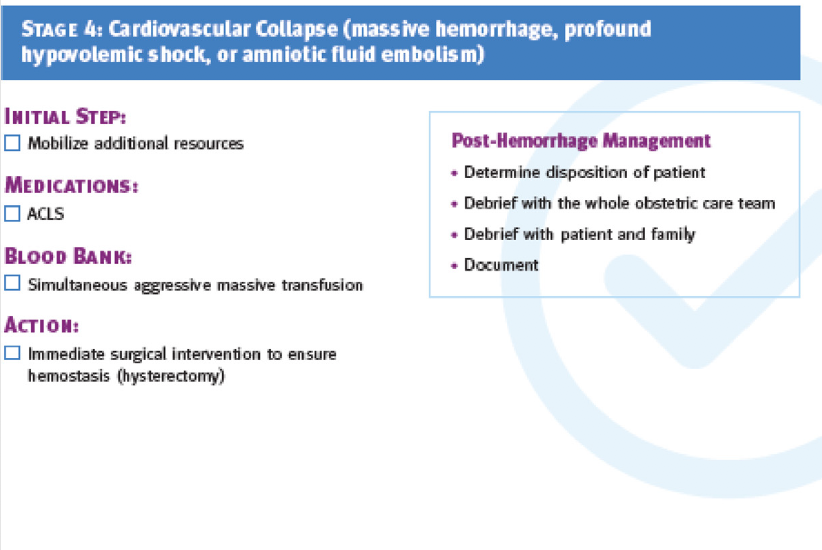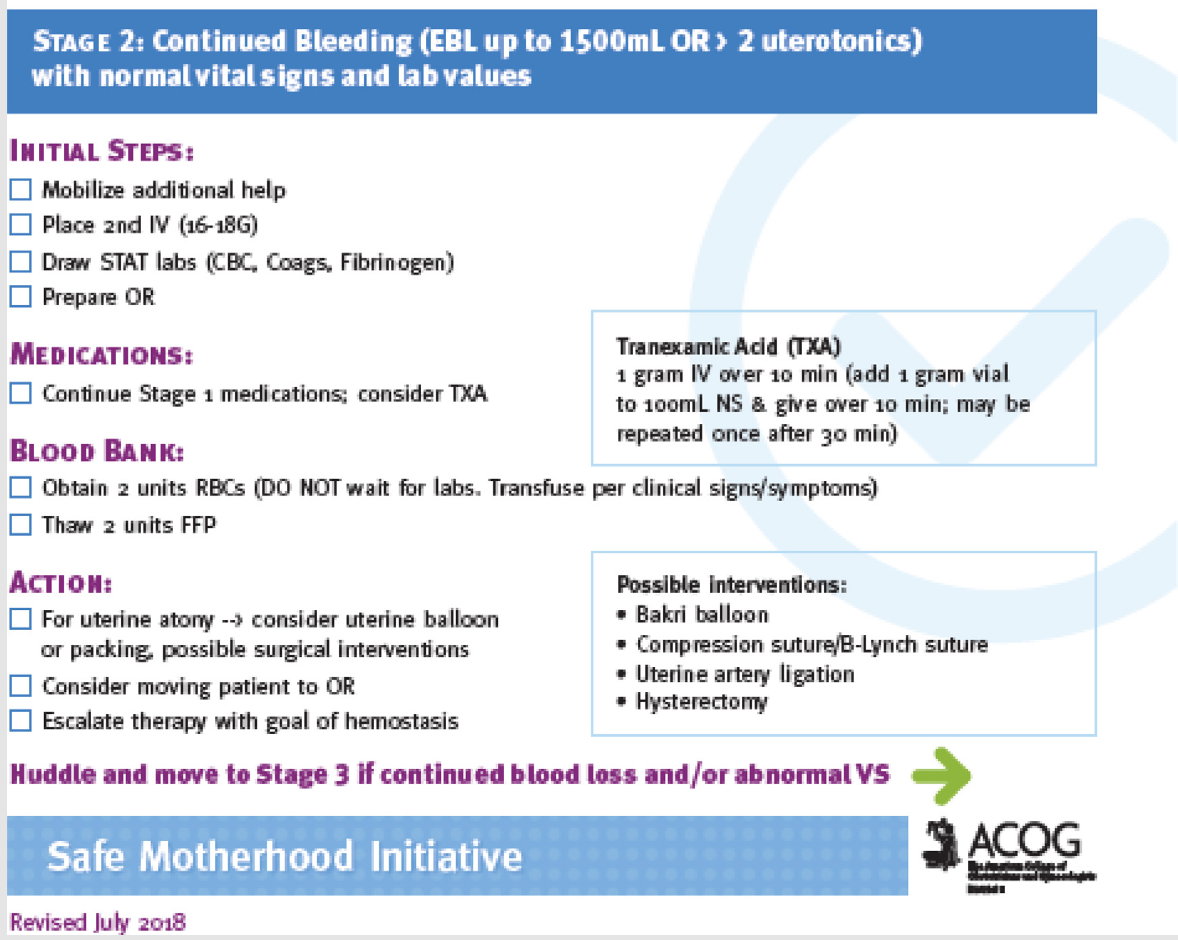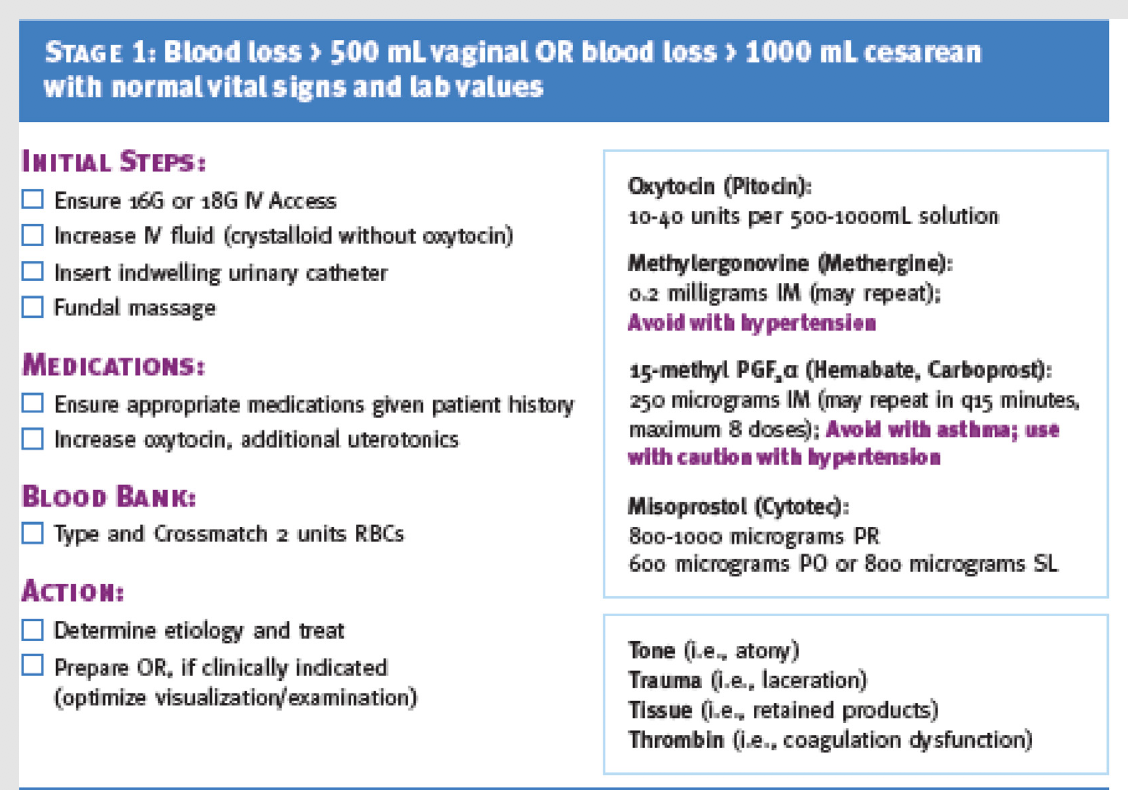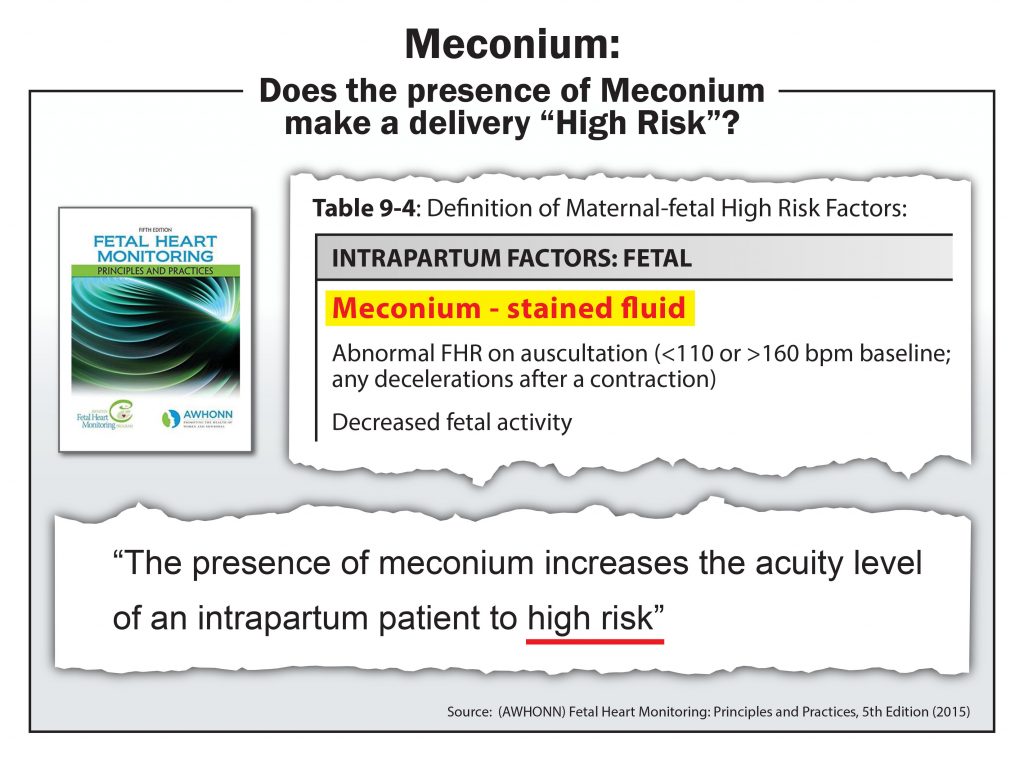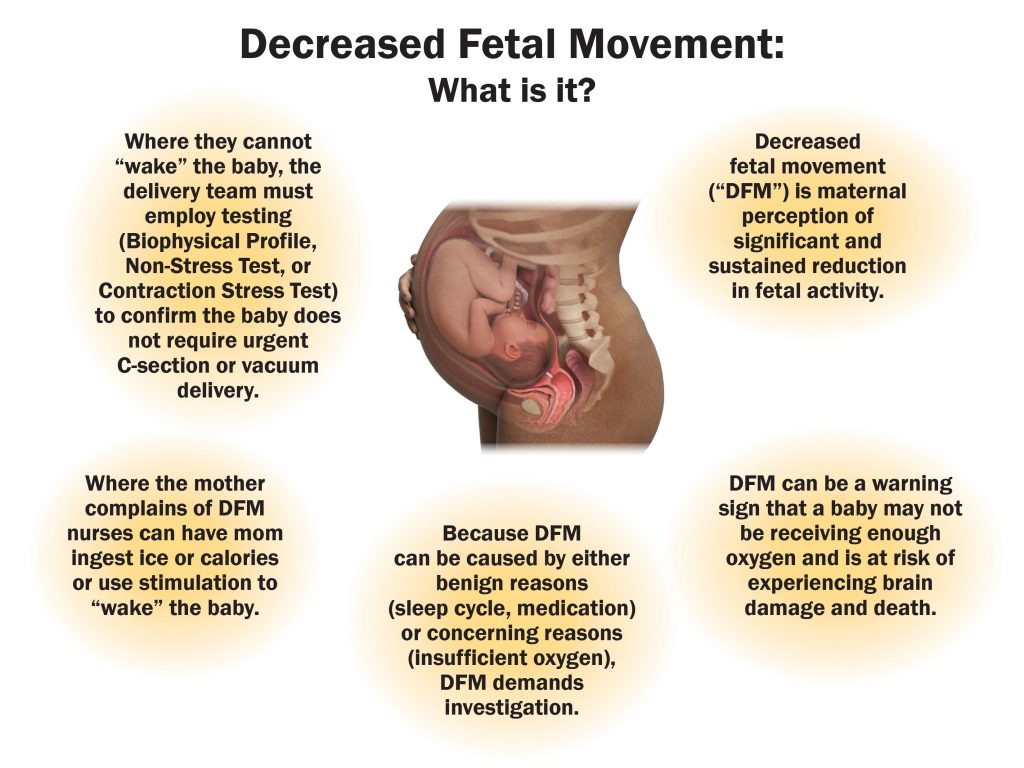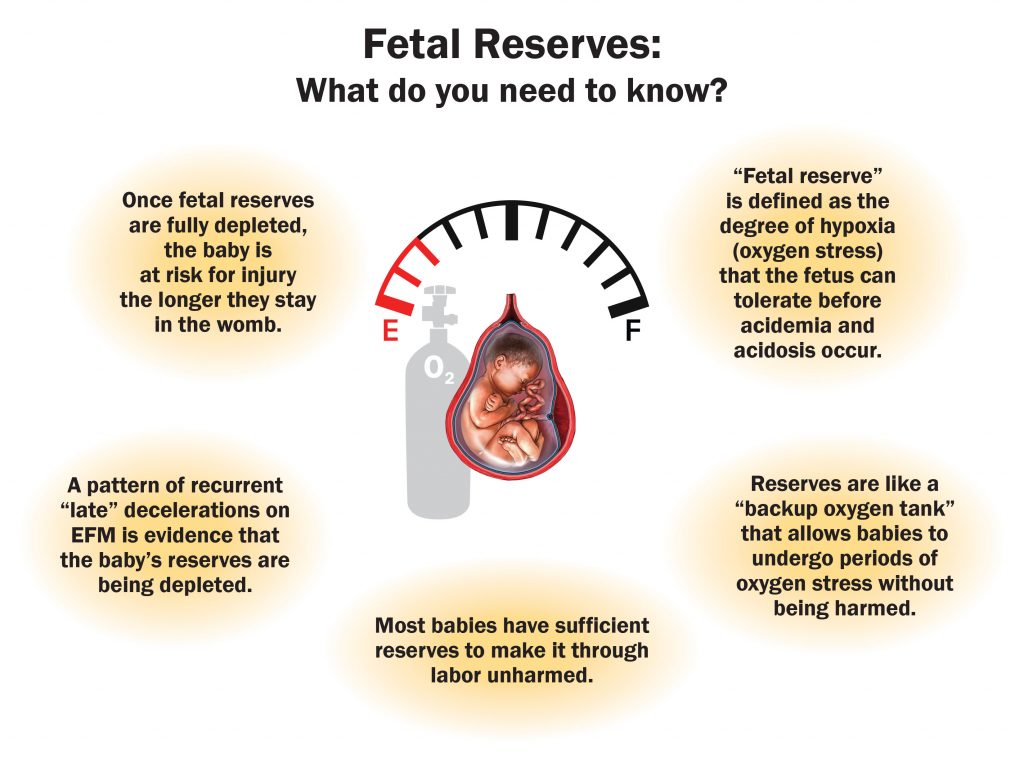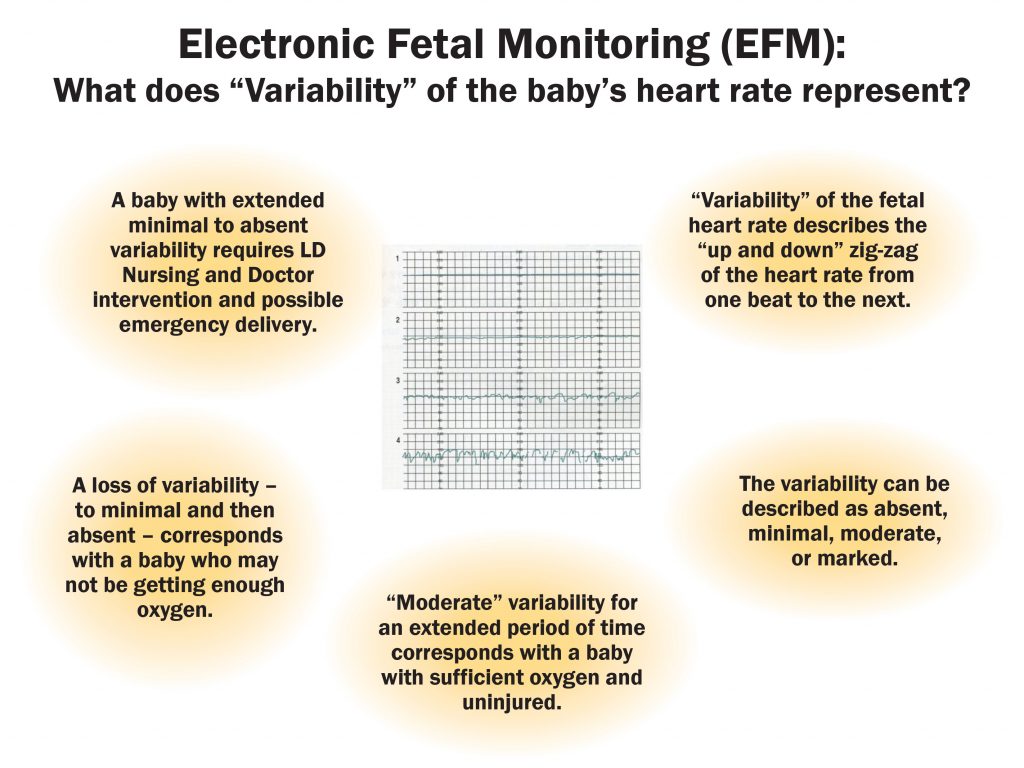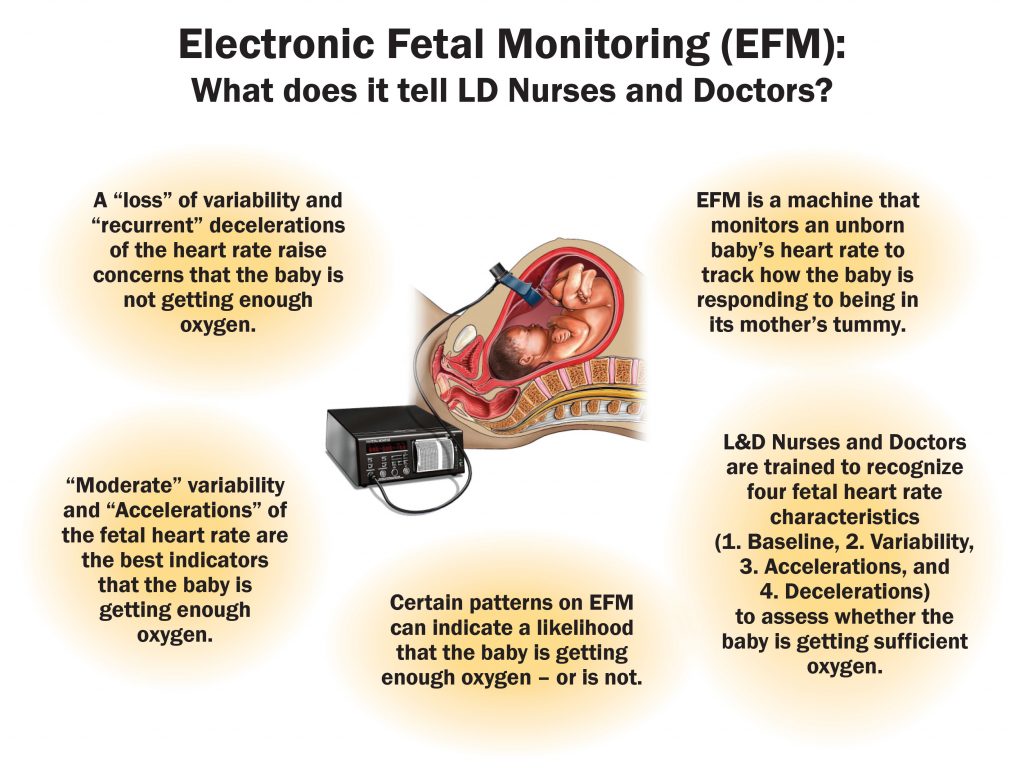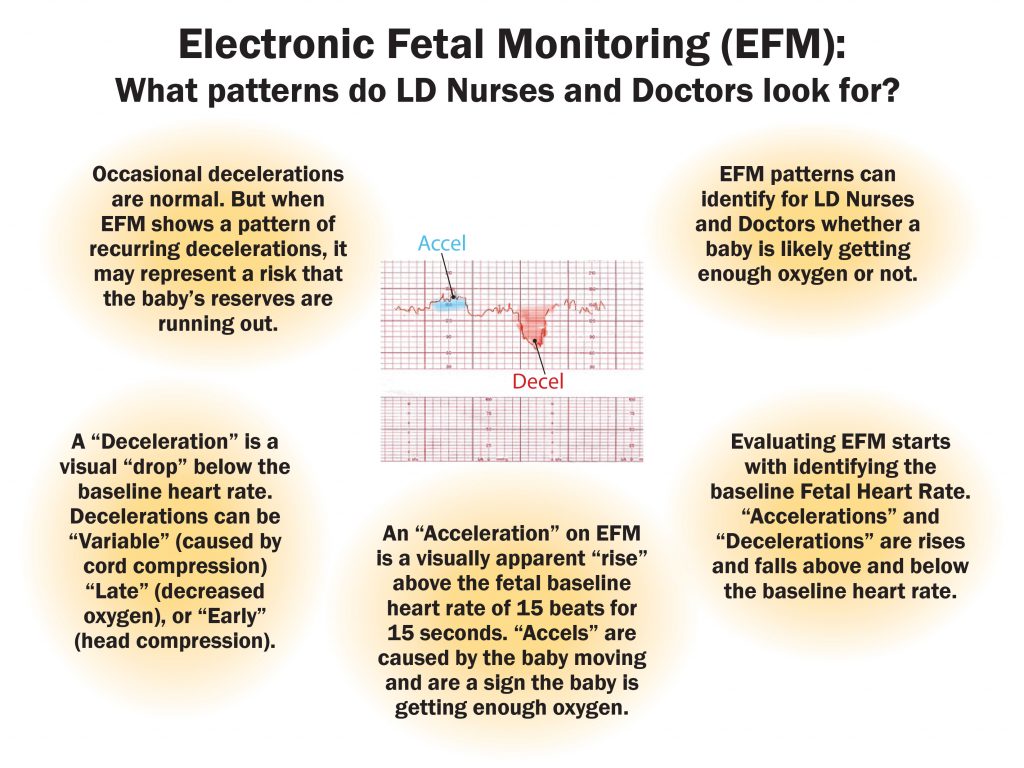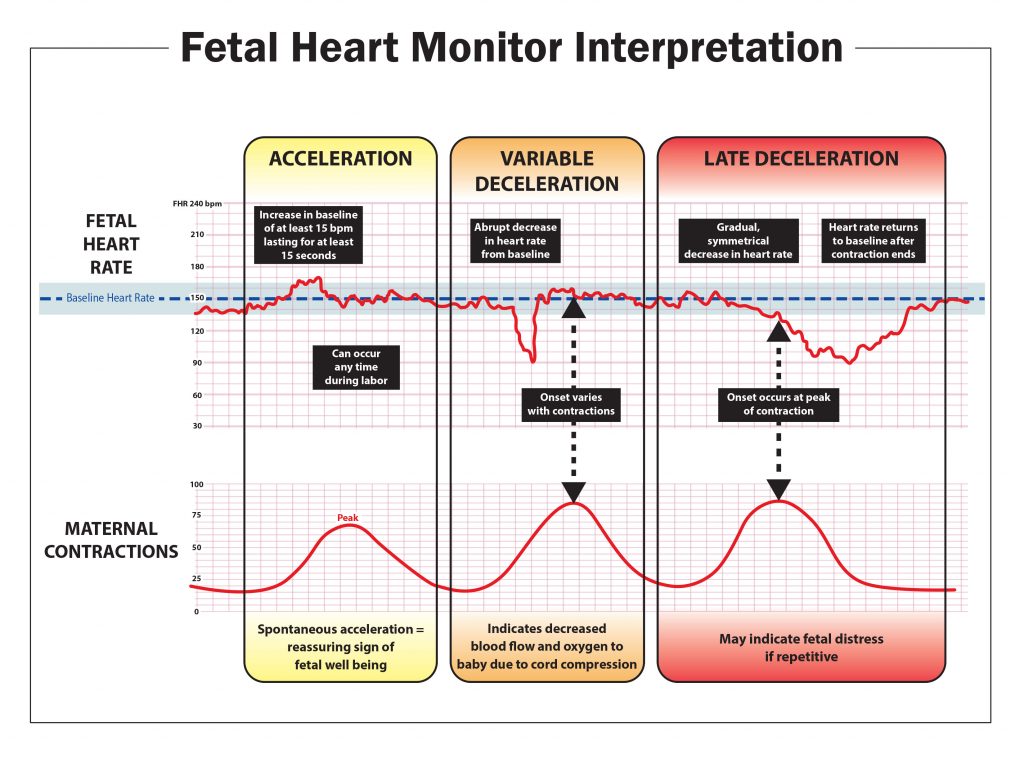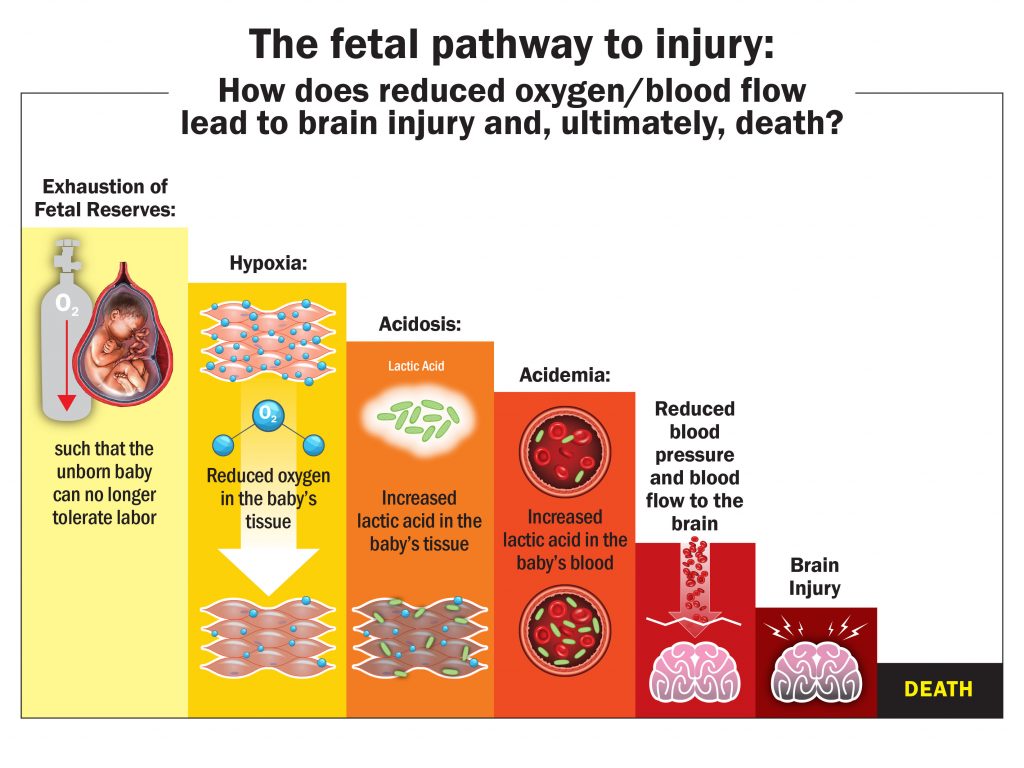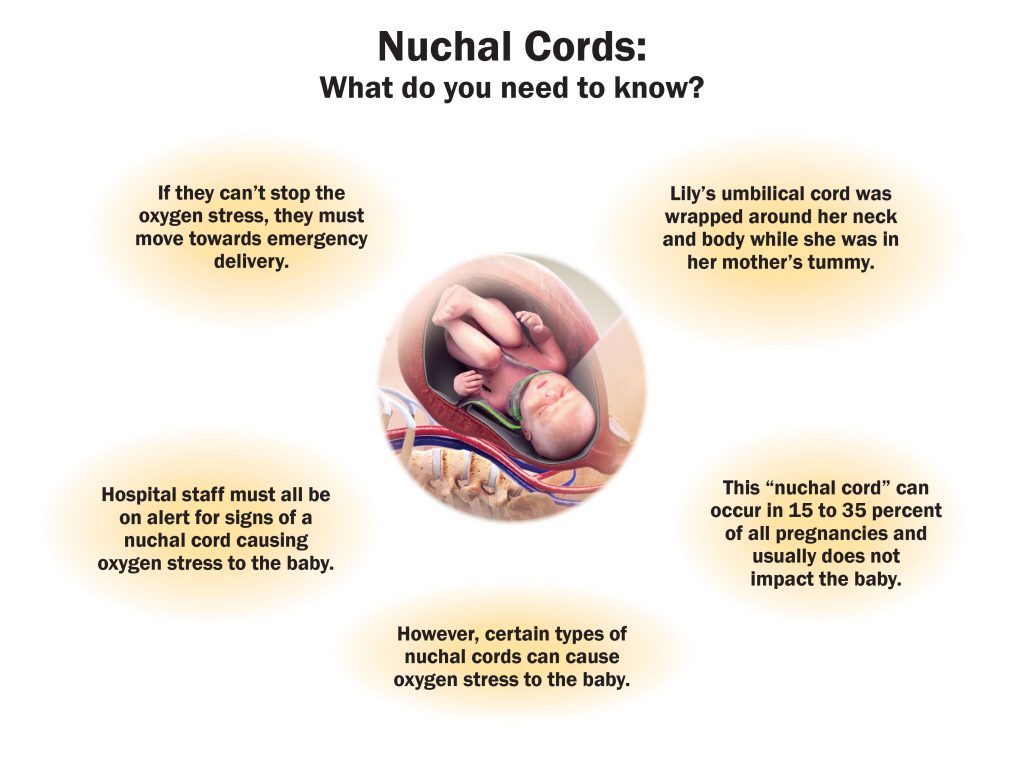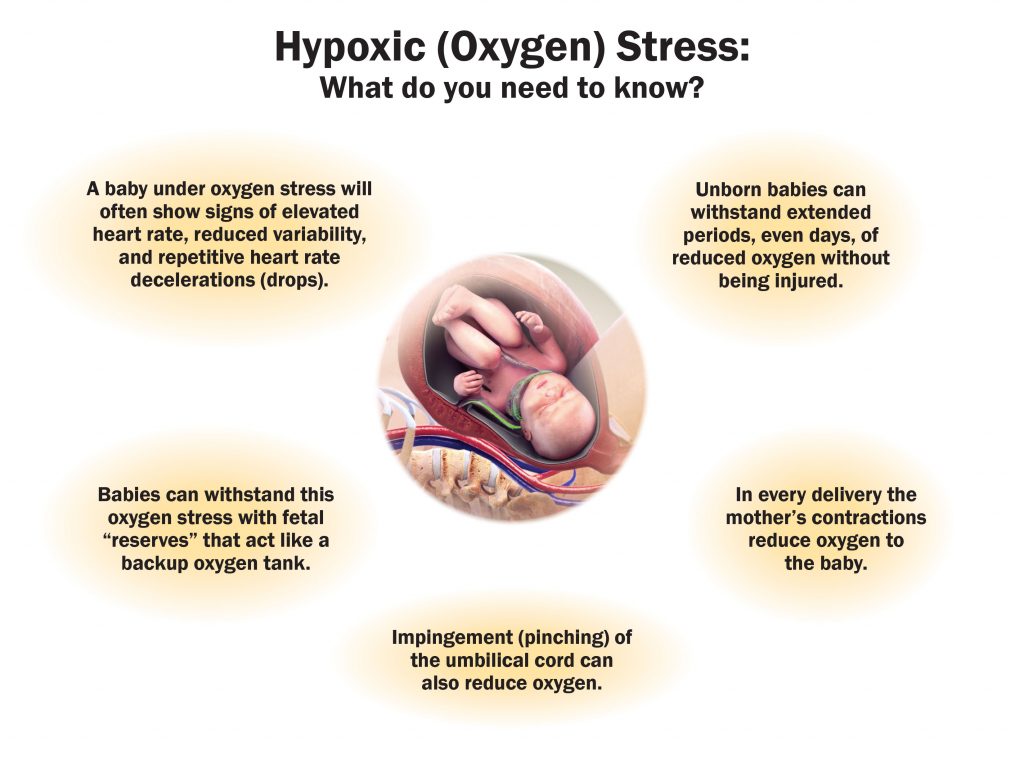Here at Tyrone Law Firm, we do everything we can to help families who have children with special needs. In fact we have dedicated members of our staff who have had to navigate a path for their own children. If you are a parent of a child with Cerebral Palsy or hypoxic brain injury, we hope these posts will bring new resources for you, your child, and your family:
Individuals with Disabilities Education Act (IDEA), previously known as the Education for All Handicapped Children Act (EHA), was established in 1970. IDEA ensures that children with disabilities have the same opportunity for education as those who do not have a disability. It also governs how states and public agencies provide early intervention, special education and related services eligible infants, toddlers, children and youth with disabilities. IDEA is broken down in 4 parts:
IDEA Part A, is the general provisions, which defines important terms and breaks down the law. This part defines terms that are commonly used in the Individuals with Disabilities Education Act, so that there is a clear understanding of the act.
IDEA Part B, provides children and young adults, ages 3 through 21, special education and related services. The act requires that public schools create an Individualized Education Program (IEP) for students who are found to be eligible under federal and state disability standards. IDEA provides financial support for state and local school districts. In order to receive funding, schools must comply with 6 principals:
- Every child is entitled to a free and appropriate public education (FAPE).
- When a school professional believes that a student between the ages of 3 and 21 may have a disability that has substantial impact on the student’s learning or behavior, the student is entitled to an evaluation in all areas related to the suspected disability.
- Individualized Education Plan (IEP).
- That the education and services for children with disabilities must be provided in the least restrictive environment, and if possible, those children be placed in a “typical” education setting with non-disabled students.
- Input of the child and their parents must be taken into account in the education process.
- When a parent feels that an IEP is inappropriate for their child, or that their child is not receiving needed services, they have the right under IDEA to challenge their child’s treatment (due process).
IDEA Part C, provides early intervention services for babies, birth through two years of age. Providing babies with brain damage, Cerebral Palsy, or other disabilities with high quality therapy and intervention, will help them prepare for their transition to public school. Through Part C, an Individualized Family Service Plan (IFSP), is created to assess the needs of not only the child, but the family too. By assessing these needs, families can have assistance with meeting the goals of the child. Families are entitled to several services through Part C. Here are just a few:
- Appropriate, timely, and multidisciplinary identification and intervention services for their very young child. These services must be made available to all families with infants and toddlers.
- Families are required to receive an Individualized family Service Plan (IFSP). This plan lays out the priorities, resources and concerns of the family. In addition it describes the goals of the child, the services to be provided to the child, and steps for eventual transitioning of the child into formal education.
- The right to participate in the creation of the IFSP, and must give consent prior to the initiation of intervention services.
- Parents are entitled to timely resolution of all conflicts or complaints regarding the evaluation or services provided to their child
IDEA Part D, describes national activities for children with disabilities. This part provides grants to improve education and transitional services. In addition, it provides resources to support programs, projects and activities, to contribute positive results to children with disabilities.
If you would like to know more about Individuals with Disabilities Education Act or other resources that may be beneficial to you and your family or someone else you know, please don’t hesitate to contact us at the Tyrone Law Firm.

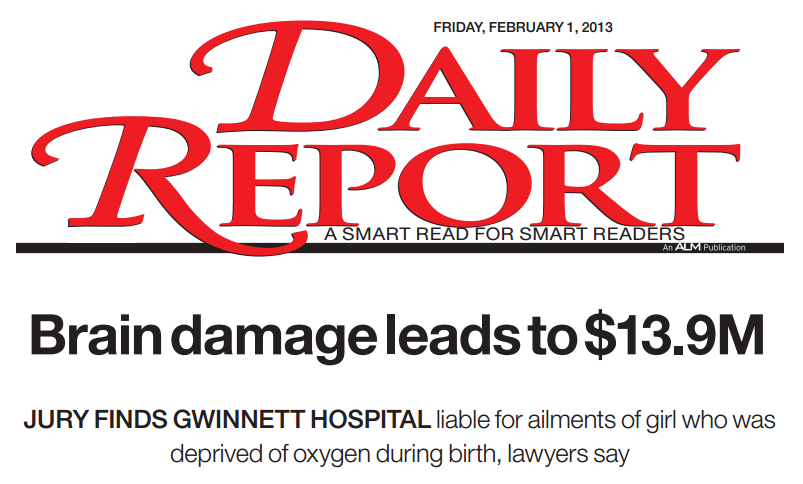



 Hayley serves as a Labor and Delivery Nurse Consultant for the Tyrone Law Firm. She attended and graduated Cum Laude from the University of Georgia in 2004 with a Bachelor of Arts degree in Journalism/Public Relations. After graduation she moved to the gulf coast where she pursued a career in real estate and development.
Hayley serves as a Labor and Delivery Nurse Consultant for the Tyrone Law Firm. She attended and graduated Cum Laude from the University of Georgia in 2004 with a Bachelor of Arts degree in Journalism/Public Relations. After graduation she moved to the gulf coast where she pursued a career in real estate and development.
